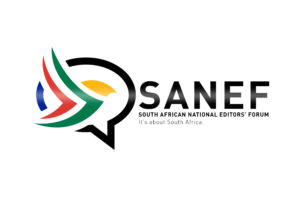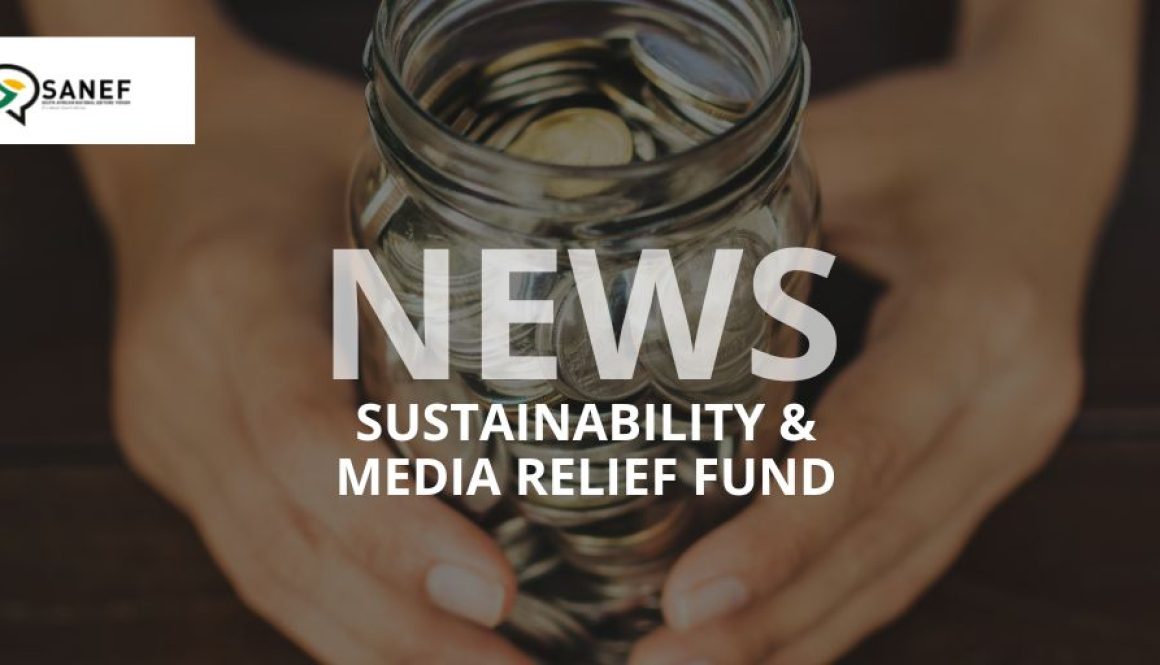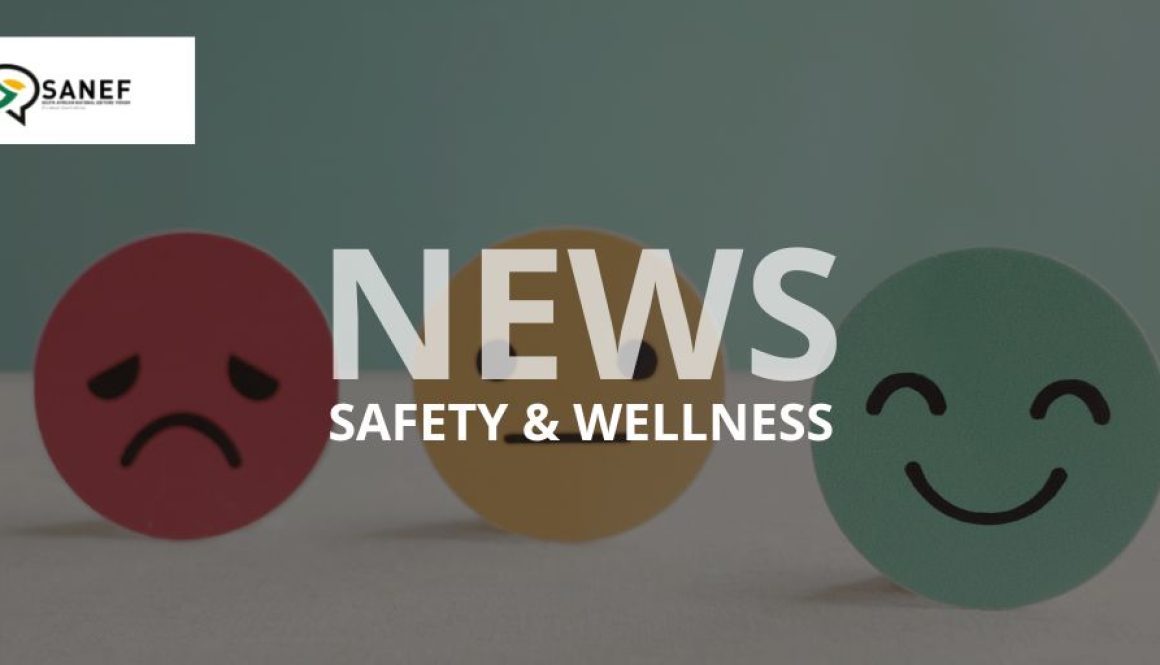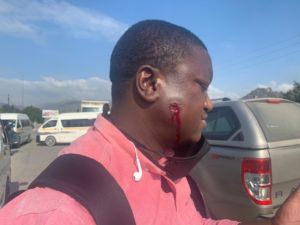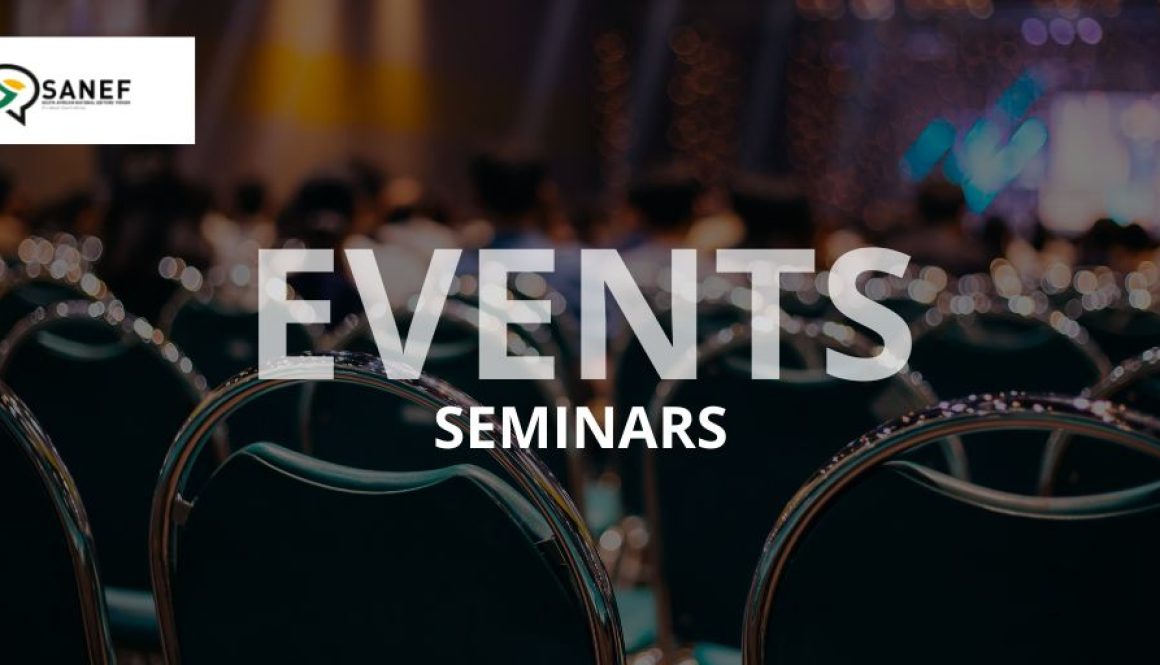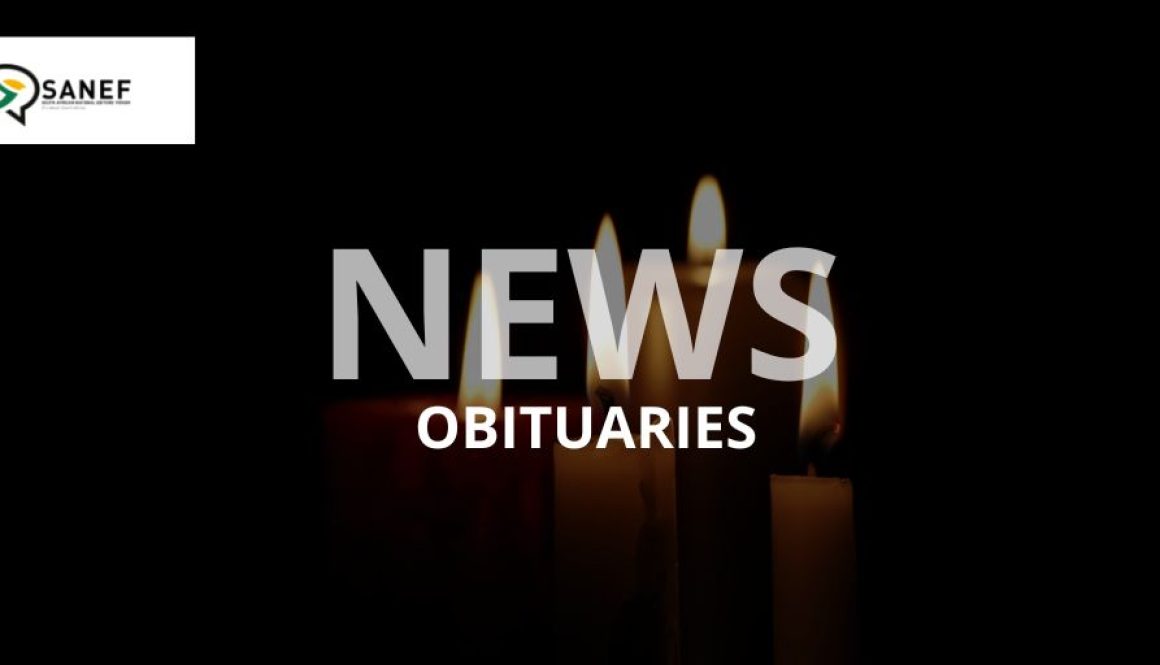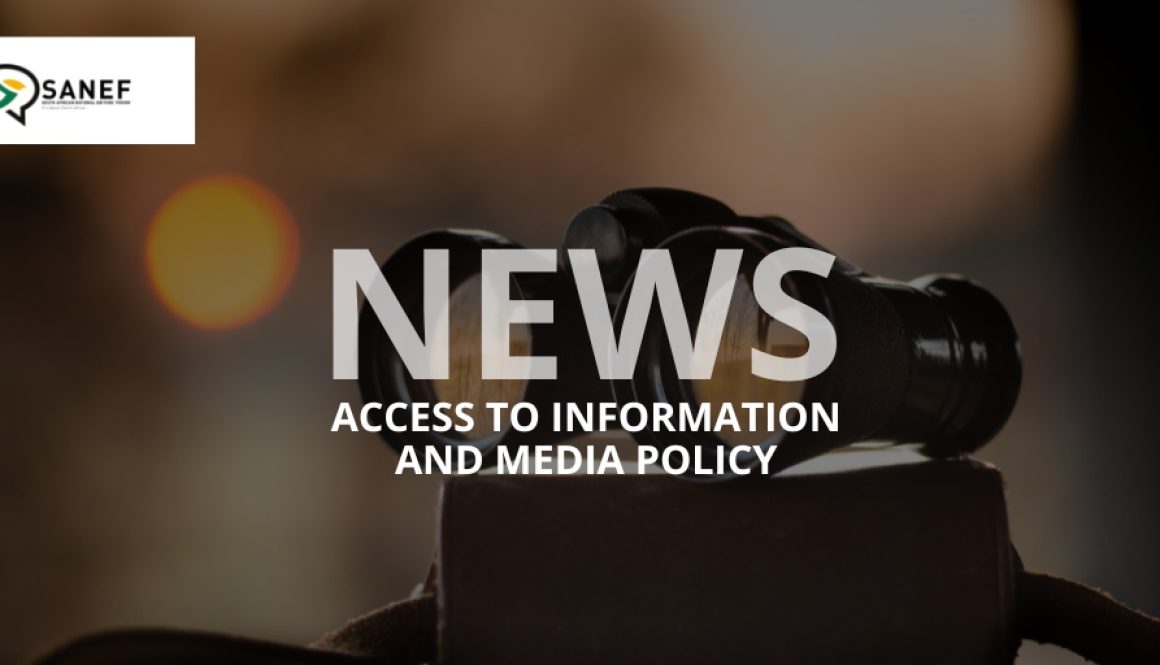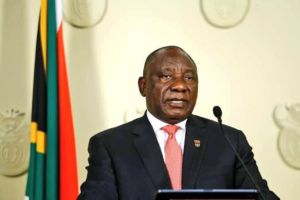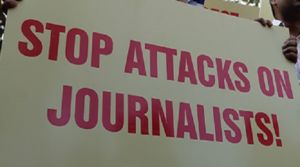
The South African National Editors’ Forum (SANEF) is launching a relief fund for journalists who have lost their livelihoods as a direct result of the COVID-19 national disaster. The Social Justice Initiative (SJI) is acting as a fiscal host for the fund and will be playing an oversight role to ensure that all funds are fairly and transparently distributed.
Mahlatse Mahlase, SANEF’s chairperson says, “In making the announcement today, we want to express our warm gratitude to MTN SA for their contribution of R500 000 to start the fund and for their further commitment to lobby other corporates to contribute”.
To process the applications, SANEF has set up a team that includes media stalwarts Mathatha Tsedu and Joe Thloloe, Wandile Fana from the Association of Independent Publishers (AIP) and Melody Emmett from the freelancers’ association (SAFREA). Anlo Financial Solutions, a financial services company will assist with processing.
Executive: Corporate Affairs at MTN South Africa, Jacqui O’Sullivan, says all South Africans owe a tremendous debt of gratitude to the reporters and editors who have braved harsh conditions every day to provide invaluable information that is helping save lives.
“In MTN’s view, it is now imperative that the private sector steps in to offer financial assistance to ensure quality reporting standards can be maintained across digital, broadcast and print media platforms. To ensure communication channels remain open and the public gets the information it can trust, MTN is proud to partner with SANEF to begin offering financial support and aid through a targeted relief fund for journalists.”
However, she adds that this is just the first step and “far more” needs to be done, which is why MTN is encouraging all large corporates, companies in supply chains, clients and individuals who can, to step up and help by contributing to this fund.
The purpose of the funding is to assist those in dire need with a small donation to purchase necessities like food and clothing. Only freelance, contract or permanently employed journalists who have been retrenched or had their contracts cancelled since the implementation of the national lockdown on 26 March 2020, will be eligible to apply.
This announcement fulfils the promise we made to establish a fund – a promise we made when we launched our “COVID19 Impact on Journalism” Report in June 2020.
The report points to the devastation that COVID has wreaked on the industry – particularly the print media with the closure of two magazine publishers and 80 small print publications operating across the country, leading to the loss of over 700 journalist jobs. Also, the report pointed to the fact that freelancers had been particularly badly impacted and that 60% of their members had lost almost 70% of their income – and that some had lost 80% to 100%.
SANEF is keenly aware of the fact that many industries are experiencing tough times and that salary cuts and retrenchments have become an ever-present reality. But what is particularly worrying is that with the media industry plays a powerful, democracy-deepening role in society – this is in terms of ensuring a free flow of information in society to keep citizens informed and to hold the powerful to account, both in terms of government and the private sector. We are thus worried that the collapse of the media in small towns, and the shrinking of the industry as a whole, will have a devastating long-term effect on the health of our democracy.
This fund is, therefore, a small first step to assist the industry and thus ultimately to assist all citizens to get the information they need.
We want to again express our gratitude to all who have assisted SANEF to establish the fund. We are hoping that the first phase will allow us to offer emergency relief to journalists. However, if we find further funding, we hope to support other projects to assist the sustainability of small, independent media institutions across the country, through a variety of targeted interventions.
If you wish to contribute to the fund, kindly contact [email protected] and we will send you the details. Alternative arrangements are being made to enable individuals to quickly contribute on a safe, stable and reliable platform. We will announce this soon.
Please find a link to the application form here.
If you would like to donate to the SANEF Media Relief Fund, please click here
Note to Editors: The South African National Editors’ Forum (SANEF) is a non-profit organisation whose members are editors, senior journalists and journalism trainers from all areas of the South African media. We are committed to championing South Africa’s hard-won freedom of expression and promoting quality, ethics and diversity in the South African media. We promote excellence in journalism through fighting for media freedom, writing policy submissions, research and education and training programmes. SANEF is not a union.
For more information please contact:
- Mahlatse Mahlase – SANEF Chairperson, (083) 399-2852
- Katy Katopodis – SANEF Deputy Chairperson (082) 805-7022
- Moipone Malefane – SANEF Secretary General (082) 772-5861
- Adriaan Basson – SANEF Treasurer – 082 562 2113
- Mary Papayya – SANEF Media Freedom Chair (082) 379-4957
- Judy Sandison – SANEF KZN Convenor (082) 571-3334
- Sbu Ngalwa – SANEF Eastern Cape Convenor (073) 404-1415
- Janet Heard – SANEF Western Cape Convenor, (078) 041-9528
- Hopewell Radebe – SANEF Gauteng Convenor (083) 582-1734
- Kate Skinner – SANEF Executive Director – (082) 926-6404
Socials
Twitter: @SAEditorsForum
Email: [email protected]
Website: SANEF


